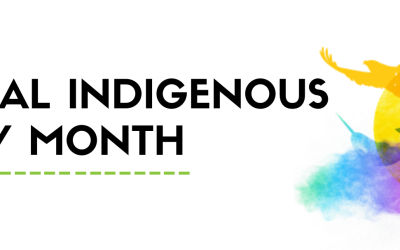The federal government is concerned about the flood of applications they have received for Newfoundland Mi’kmaq status.
In the fall of 2011, Aboriginal Affairs granted official Indian Act status to the group after denying Aboriginal title in Newfoundland since its entry into Confederation.
The government has received an unanticipated 100,000 application, more than one-fifth of Newfoundland’s total population, according to media accounts.
Some claim much of the claims are embellished. Liz LaSaga, a leader of the Qalipu First Nation, said that some of the claimants were merely seeking the benefits that come with Indian status.
This would involve access to extended health benefits and aid for education.
Some could argue that minimizing what benefits one could receive from this status would limit the incentives to make an embellished claim.
Some analysts have observed that the number of Metis applicants has risen dramatically over the years due to some who merely seek some benefits. The recent court decision affirming that Metis and non-Status Indians should be recognized as “Indians” as part of S. 91 (24) of the Constitution may also increase membership applications.
However, the membership criteria itself seems quite wide. Those applying only needed to provide some evidence of Aboriginal ancestry. Applicants did not need to live in Newfoundland and only needed to assure the enrolment committee that aboriginal heritage was “more likely than unlikely.”
Of course, there just may be many members who have never claimed their heritage for whatever reason.
The preferred policy option for government is to limit the definition to the most legitimate claims and prevent those who would embellish or falsify a claim from ever doing so.
That will keep down costs and ensure the status actually means something.


